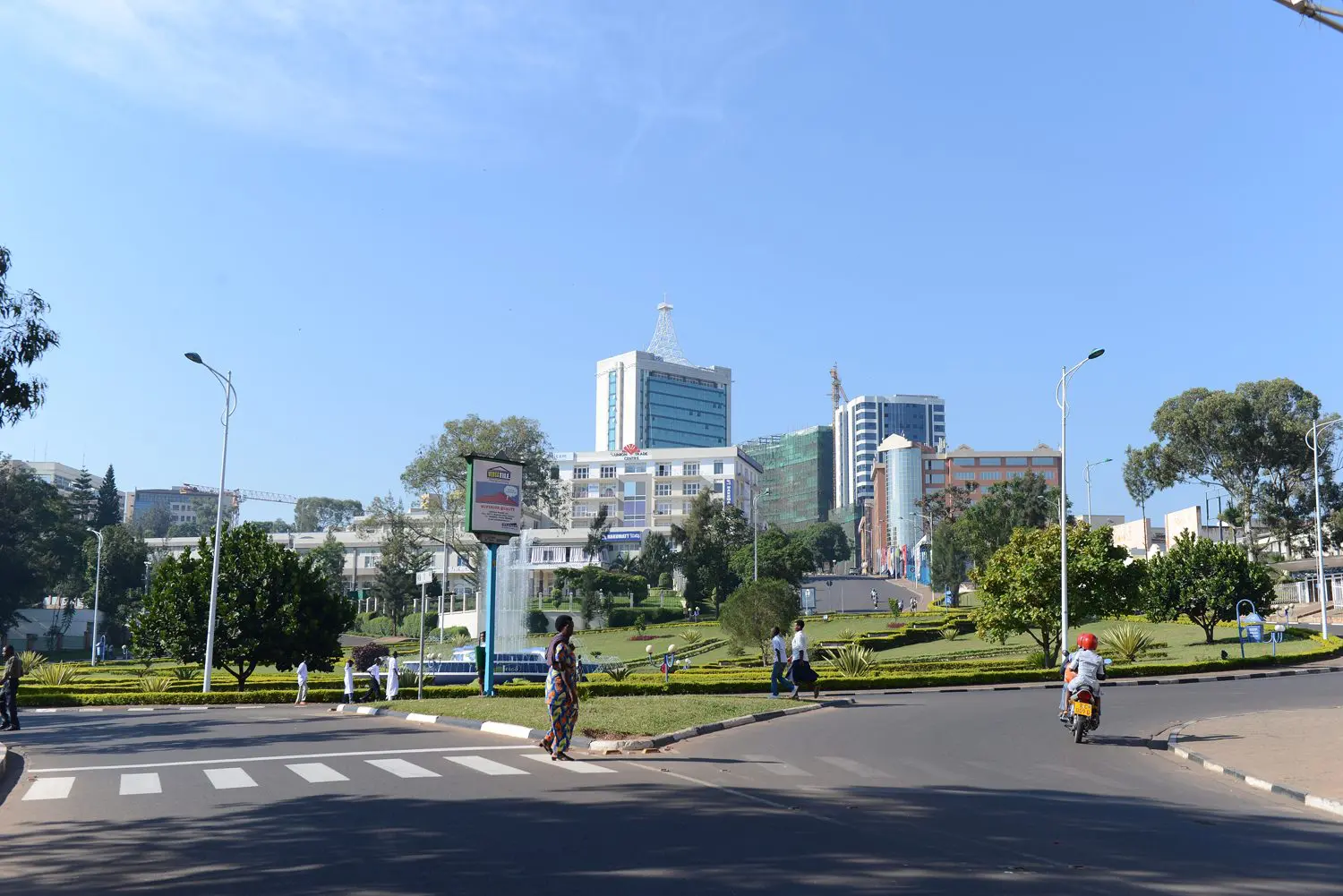Turning Waste into Wealth in Rwanda: A New Era of Green Innovation
Rwanda is emerging as a leading example in Africa of how environmental challenges can be turned into economic opportunities. With its commitment to sustainability, innovation, and inclusive development, the country is pioneering efforts to convert waste into wealth—transforming what was once seen as a burden into a vital resource for growth and green job creation.
The Problem of Waste—and the Opportunity Within
Like many developing nations, Rwanda faces the challenge of increasing waste generation due to urbanization, population growth, and consumption patterns. Kigali alone produces hundreds of tons of waste daily, most of it organic or plastic. But rather than viewing this as a crisis, Rwanda is leveraging its environmental policies, entrepreneurial spirit, and technological innovation to repurpose waste into valuable products and sustainable business models.
Government Leadership and Green Policy Framework
At the heart of Rwanda’s success is a strong political will and visionary environmental policy. The Rwanda Environment Management Authority (REMA), the Ministry of Environment, and local governments have established clear policies such as:
-
The 2008 plastic bag ban—one of the first in the world.
-
Zero Waste Kigali Initiative—targeting clean neighborhoods through community engagement.
-
National Environment and Climate Change Policy—encouraging a circular economy and sustainable urbanization.
These policies have created fertile ground for private sector investment, youth-led innovation, and green startups.
Innovation in Recycling and Upcycling
Several Rwandan enterprises are making headlines for turning trash into treasure:
1. COPED and AGRUNI
These local waste management companies collect organic waste from households and markets, turning it into compost for urban farming and agroforestry. The compost improves soil quality and reduces dependence on chemical fertilizers.
2. Made in Rwanda Plastic Recycling Ventures
Startups like Plastics Recycling Industries (PRI) collect discarded plastic and transform it into construction materials, such as paving blocks, fencing poles, and even furniture. These products are not only cheaper and more durable but also reduce pressure on forests and quarries.
3. Waste-to-Energy Pilots
Biogas is becoming a key renewable energy source in Rwanda. Institutions like prisons, schools, and farms are using human and animal waste to generate biogas for cooking and electricity, reducing reliance on firewood and cutting emissions.
4. Fashion and Art from Waste
Youth-led businesses are creatively repurposing fabric scraps, old jeans, metal parts, and rubber into handbags, jewelry, and artwork. These products are gaining attention in local and international markets, empowering young creatives economically.
Empowering Youth and Women Through Waste Enterprises
The waste-to-wealth sector is proving especially impactful for youth and women. Through training programs and access to micro-financing, marginalized groups are forming cooperatives that collect, sort, and process waste into marketable products. The Rwanda Youth in Agribusiness Forum (RYAF) and Women for Green Growth are examples of initiatives that mentor and empower these groups.
Challenges and the Road Ahead
Despite the progress, Rwanda still faces challenges:
-
Limited public awareness about waste segregation at source.
-
Inadequate infrastructure for waste collection and recycling in rural areas.
-
High initial costs for waste processing technology.
However, these challenges are being addressed through public-private partnerships, education campaigns, and international collaboration. The Rwanda Green Fund (FONERWA) is playing a vital role in financing waste management innovation and infrastructure.
Conclusion: A Circular Economy Vision
Turning waste into wealth is no longer just a slogan in Rwanda—it’s a movement reshaping the economy, environment, and society. As the country pursues its Vision 2050 goals, a circular economy built on recycling, resource efficiency, and green entrepreneurship will be key. With sustained support, innovation, and citizen engagement, Rwanda’s waste could become one of its most valuable national assets.
Waste isn’t the end—it’s a new beginning. Rwanda is proving that green growth is not only possible but profitable.





A WordPress Commenter
July 12, 2025Hi, this is a comment.
To get started with moderating, editing, and deleting comments, please visit the Comments screen in the dashboard.
Commenter avatars come from Gravatar.